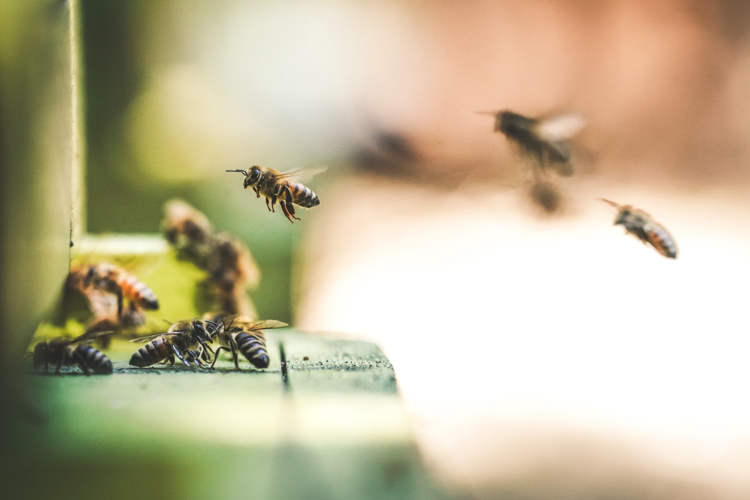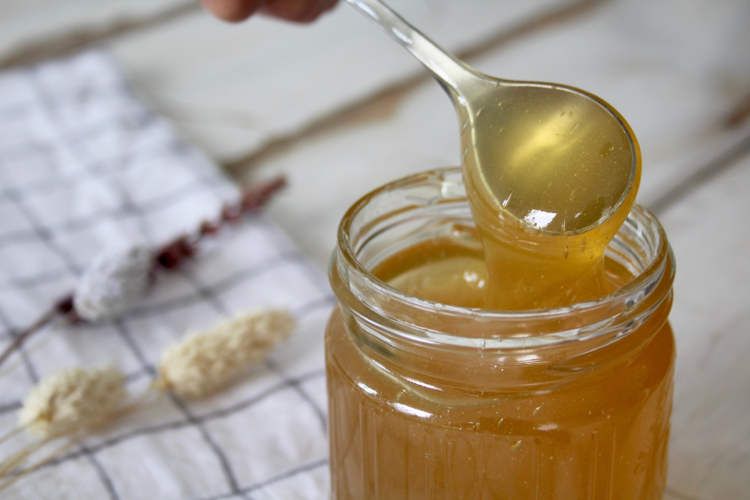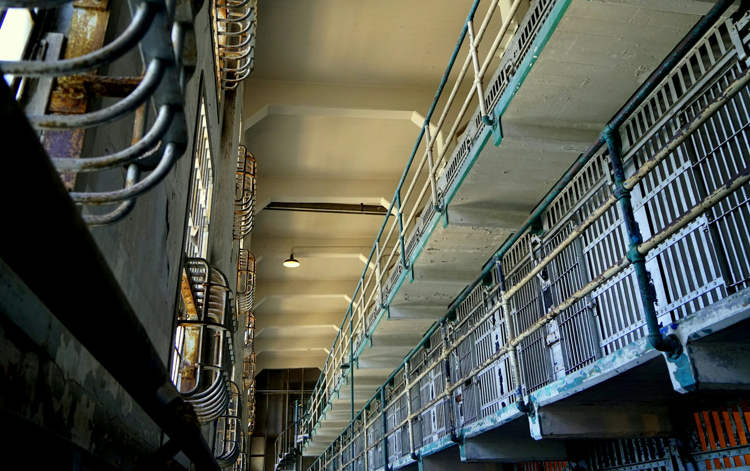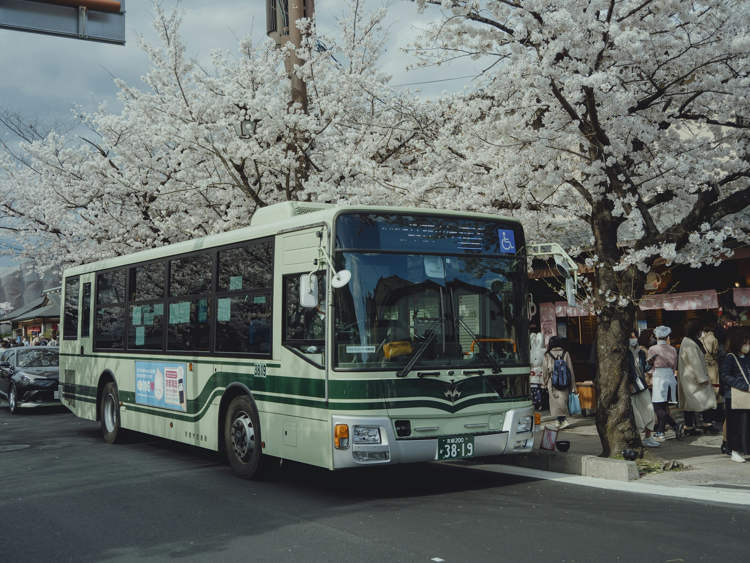Isolated on an island in the middle of the southeastern Pacific Ocean, the bees of Easter Island are free of all the pathogens and pesticides ravaging the global bee population, and therefore produce the purest honey on the planet.
The beekeepers of Chile’s Easter Island are fully aware that their bees may one day become the salvation of the world’s most important polinator. With bee colonies all over the world struggling to survive serious threats like pesticide poisoning, new diseases and climate change, the bees of Easter Island are probably the only ones in the world yet to be affected by such problems. And their owners hope to keep it that way. They have managed to convince the local government to ban the importation of bees, because of the significant risk of contamination.

Photo: Eric Ward/Unsplash
“Here the farmers practically do not use pesticides, they use ancestral cultivation techniques,” beekeeper Rodrigo Labras said. “The water is also completely natural, collected from rain. They have clean water sources all over the island. But the main thing is that unlike bees in the world, they are not associated with any type of disease. And therefore we do not have to apply any chemical product to the hive or to the bees.”
Interestingly, tests have shown that the bees of Easter Island lack consanguinity with the rest of the bees in the world, which further suggests that the polinators here really are different and may one day become the saviors of the species. Easter Island is the only true paradise bees still have on Earth and if we mean to save the species as a whole, this little enclave may play a very important role.

Photo: Sophie N./Unsplash
Not only are the bees of Easter Island the healthiest in the world, they are also the most productive. Because of the island’s pleasant climate – spring weather almost all year round – the bees remain active throughout the year, along with the flowering of the plants. Colonies on the island produce between 90 and 120 kilos of honey per year, compared to 20 kilograms produced by similarly-sized bee hives anywhere else.
Because of the lack of bee diseases on Easter Island, beekeepers have no use for antibiotics of any kind, there is no risk of pesticide contamination, so the honey made here is considered the most pure in the entire world. Rapanui honey, as this nectar is sometimes called, also has a more liquid consistency than common honey due to the high humidity of the island, which prevents crystallization.






